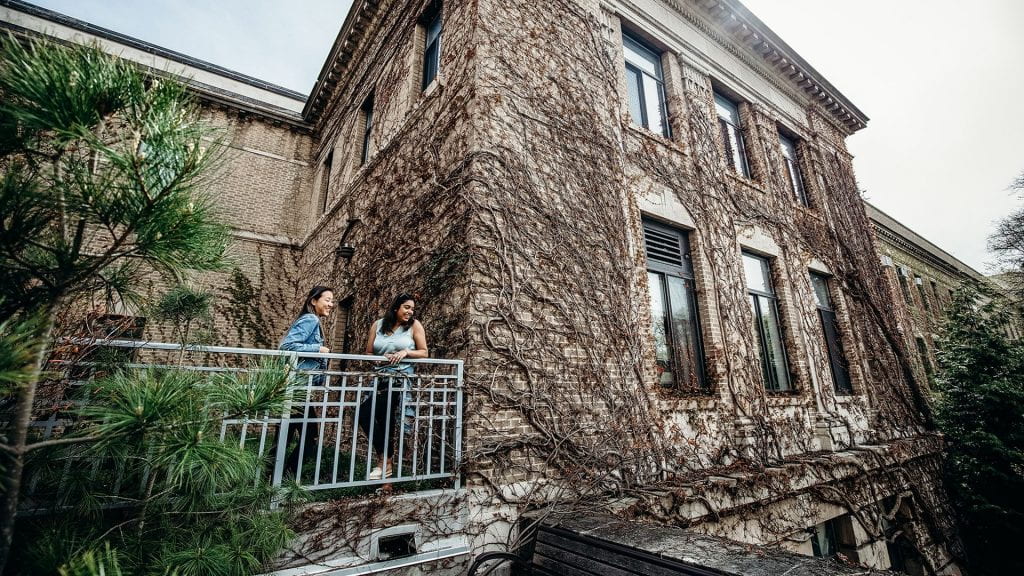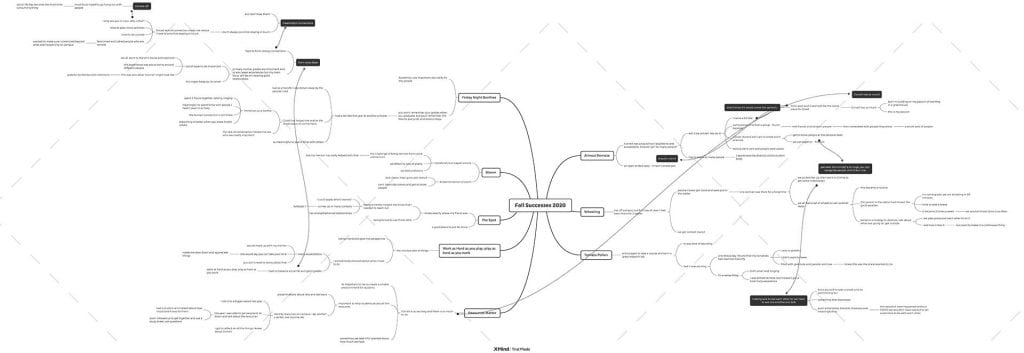
New Plant Sciences majors at Cornell University found meaning and forged community during the Fall 2020 semester – not in spite of the COVID-19 pandemic, but in part because of the challenges they faced.
“That sounds a bit counter-intuitive,” says Marcia Eames-Sheavly, Senior Extension Associate and Senior Lecturer, in the Horticulture Section of the School of Integrative Plant Science (SIPS). “But they really rose to the occasion.
“The pandemic had them reaching out to rely on each other for support, fostering a sense of community and belonging, solidifying their values, and making use of university resources to get through the tough times,” she adds.
One reason for this resilience is the peer mentoring program Eames-Sheavly has helped pioneer that pairs incoming Plant Sciences majors with fellow majors who know the ropes and have been prepared to offer help to get new students through their critical first semester.
Eames-Sheavly bases her observations on the fall semester’s silver linings in part on a two-hour Ripple Effects Mapping (REM) session she held via Zoom during exam week with five mentors and their mentees. REM is a creative and highly visual way to illustrate relationships and identify the “ripples” of an experience.

“It’s an enjoyable way to capture impacts and compelling stories while providing critical information,” she says. “We were interested in finding out about the positive impacts of the fall semester – how mentoring, being mentored, and other experiences helped students to feel especially connected in the plant science community.”
Students began the session by reflecting on their experiences individually. Then they paired up to interview each other and develop the threads of their stories. When they shared them with the whole group, Amanda Wittman, Office of Engagement Initiatives, mapped them using mind-mapping software while Leah Cook, SIPS Undergraduate Program Coordinator, captured quotes.
Highlights from their stories include:
- Importance of relationships. The increased isolation made even chance meetings on campus more meaningful. “Because of COVID-19, I understand how important those connections are. It’s so important to spend time with others,” said one student.
- Shared experiences. Friday night socially distanced bonfires helped majors bond. One student’s father, a Cornell alum, told her that it’s not the classes she’ll remember but the people she’ll meet and the relationships she forms that count.
- Need for fresh air, exercise and camaraderie to de-stress. One student told a story of regular spontaneous group rollerblading breaks that “wouldn’t have happened without the pandemic.”
- Finding the right place. One student related that while attending Cornell in-person seemed like it might be a bad choice, the hands-on experience and the smell of tomato plants in the greenhouse affirmed that this was the place to be to pursue his plant passion. “Coming here was the best decision I ever made.”
- Finding the right balance. Students found they had to play as hard as they work and work as hard as they play while still carving out time for quiet reflection.
- Technology can help. One mentor admitted that Zoom actually made it easier to get groups together to make them aware of all the resources available to support students.
“It’s encouraging that these students were able to thrive during a time of adversity,” says Eames-Sheavly. “Our challenge is to make sure that more students have positive experiences in the semesters ahead – regardless of whether or not they face the trials of college during a pandemic.”


